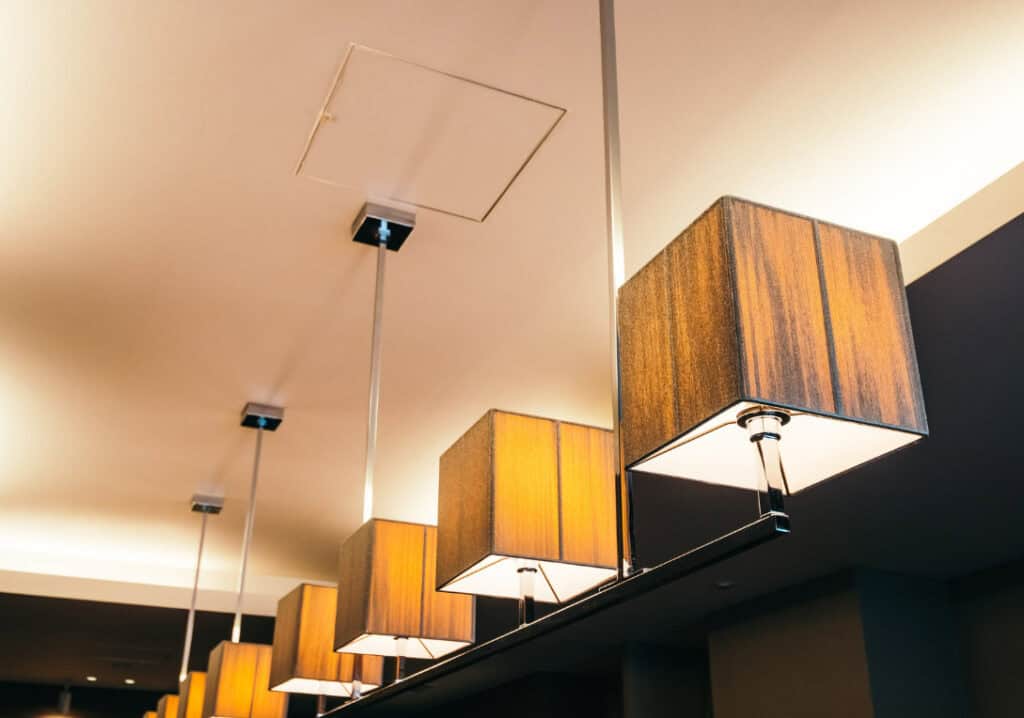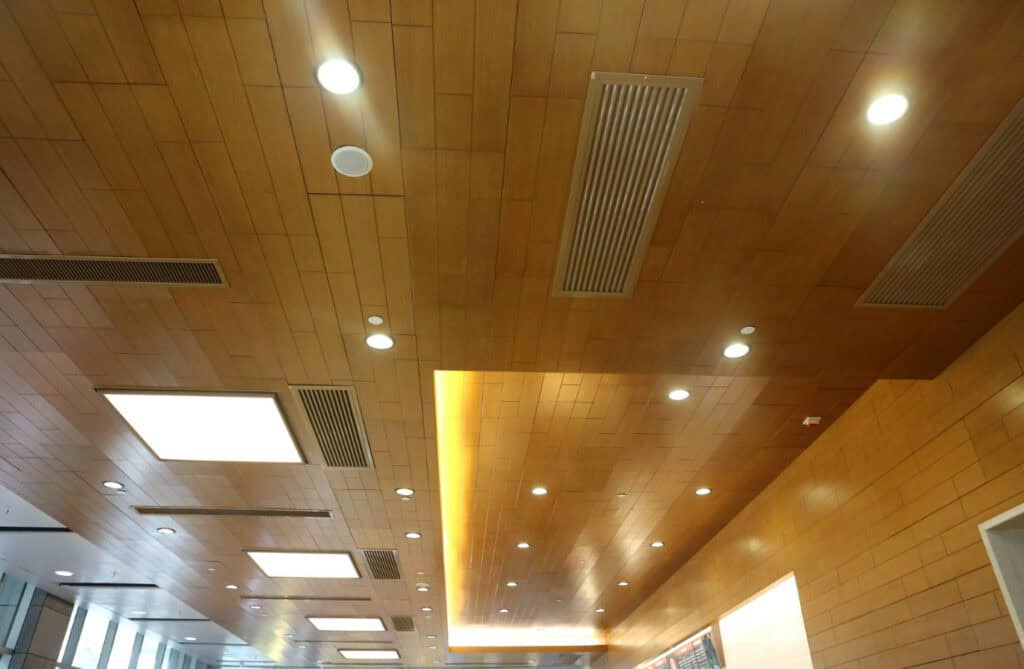Picture this—it’s 5 AM on a chilly winter morning, and your construction site is pitch black. The only thing standing between you and an accident is that perfect LED work light. Sounds dramatic? Maybe. But the right lighting can make all the difference.
Table of Contents
This blog aims to help construction professionals and industrial buyers choose the right LED work light manufacturer for their business needs. You’ll learn about key factors to consider, red flags to watch out for, and how to ensure long-term satisfaction with your purchase.

Why Choose A LED Work Light
The Importance of Proper Lighting
Lighting isn’t just about seeing where you’re going; it’s about safety, efficiency, and even morale. Poor lighting can lead to accidents, lower productivity, and unhappy workers. In contrast, good lighting can significantly improve work conditions, making your team more productive and less prone to errors.
Advantages of LED Work Lights
LED lights aren’t just fancy, they’re practical. They consume less power, have a longer lifespan, and offer better light quality. In industrial and construction settings, these benefits translate to lower operational costs and fewer replacements. Plus, they are more environmentally friendly—a win-win for everyone.
The Business Case for LEDs
When you invest in LED work lights, you’re not just buying a product; you’re making a long-term investment. LEDs reduce electric bills and maintenance costs, allowing you to allocate resources elsewhere. Imagine reinvesting those savings into new equipment, additional staff, or even a company retreat. The possibilities are endless.

Key Factors to Consider
Assessing Your Lighting Needs
Before you start shopping for LED work lights, take some time to assess your needs. How large is your workspace? How many hours a day will the lights be on? What are the specific lighting requirements for your tasks? This will help you avoid overbuying or underestimating your lighting needs.
Energy Efficiency
Energy efficiency is a critical factor. Look for manufacturers that offer high lumens per watt. This ensures that you’ll get the maximum brightness while consuming the least amount of energy. Check for ENERGY STAR ratings or other energy certifications to make sure you’re getting a product that meets high standards.
Durability and Build Quality
Your LED work lights will be exposed to harsh conditions, including dust, moisture, and mechanical impacts. Look for models with high IP ratings, which indicate resistance to elements like water and dust. A sturdy build means fewer replacements and repairs, keeping your operations running smoothly.
Manufacturer Reputation
Customer Reviews and Testimonials
One of the best ways to gauge a manufacturer’s credibility is through customer reviews and testimonials. Check out independent review sites and forums to see what others are saying. Are customers satisfied with the product and service? What about after-sales support?
Industry Certifications
Certifications are another strong indicator of a manufacturer’s quality. Look for ISO certifications and compliance with international standards. These certifications show that the manufacturer adheres to stringent quality control measures.
Longevity in the Market
While new companies can offer innovative products, manufacturers with years of experience in the market often provide reliability and proven performance. They’ve had the time to refine their products and services based on customer feedback and evolving technologies.
Evaluating Product Features
Brightness and Color Temperature
The brightness of the light, measured in lumens, and the color temperature, measured in Kelvins, are crucial. For construction and industrial settings, you’ll want a light that’s bright enough to illuminate large areas but also offers a color temperature that’s easy on the eyes.
Versatility and Adjustability
Look for features like adjustable heads, multiple mounting options, and different brightness settings. These features allow you to tailor the lighting to your specific needs, making the work environment more adaptable and efficient.
Warranty and Support
A good warranty is a sign that the manufacturer stands behind their product. Look for warranties that cover at least three years. Additionally, good customer support is essential for troubleshooting and replacements. Make sure the manufacturer offers robust after-sales support.
Pricing and Value
Balancing Cost and Quality
While it may be tempting to go for the cheapest option, remember that you get what you pay for. Lower-priced models may save you money upfront but could cost you more in the long run in maintenance and replacement costs. Aim for a balance between cost and quality.
Long-Term Savings
Calculate the long-term savings of using LED work lights compared to traditional lighting solutions. Factor in energy consumption, lifespan, and maintenance costs. Often, the higher initial investment in quality LED lights pays off in the long run.
Bulk Purchase Discounts
If you need a large number of LED work lights, ask manufacturers about bulk purchase discounts. Many companies offer significant savings for large orders, which can further improve your cost-effectiveness.
Red Flags to Watch For
Lack of Transparency
If a manufacturer is not transparent about their products, certifications, or business practices, consider it a red flag. Transparency is key to building trust and ensuring you get a quality product.
Poor Customer Service
Customer service is a critical component of any purchase. If you encounter unresponsive or unhelpful customer service during your inquiries, it’s likely to continue after the purchase. Prioritize manufacturers known for excellent customer support.
Too-Good-to-Be-True Pricing
If the price seems too good to be true, it probably is. Extremely low prices can indicate subpar quality or corners cut in production. Always do your due diligence before making a purchase.

Making the Final Decision
Comparing Top LED Work Light Manufacturers
Once you’ve narrowed down your choices, compare the top manufacturers side by side. Look at their product features, pricing, warranties, and customer reviews. This will help you make an informed decision.
Trial Periods
Some manufacturers offer trial periods or satisfaction guarantees. Take advantage of these offers to test the product in your actual work environment before committing to a large purchase.
Seeking Expert Advice
If you’re still unsure, seek advice from industry experts or colleagues who have experience with LED work lights. Their insights can provide valuable guidance and help you avoid potential pitfalls.
Choosing the right LED work light manufacturer is crucial for ensuring safety, efficiency, and long-term savings in your business.
By considering factors like energy efficiency, durability, and manufacturer reputation, you can make an informed decision that meets your specific needs. Remember, investing in quality lighting is an investment in the overall success of your operations.



